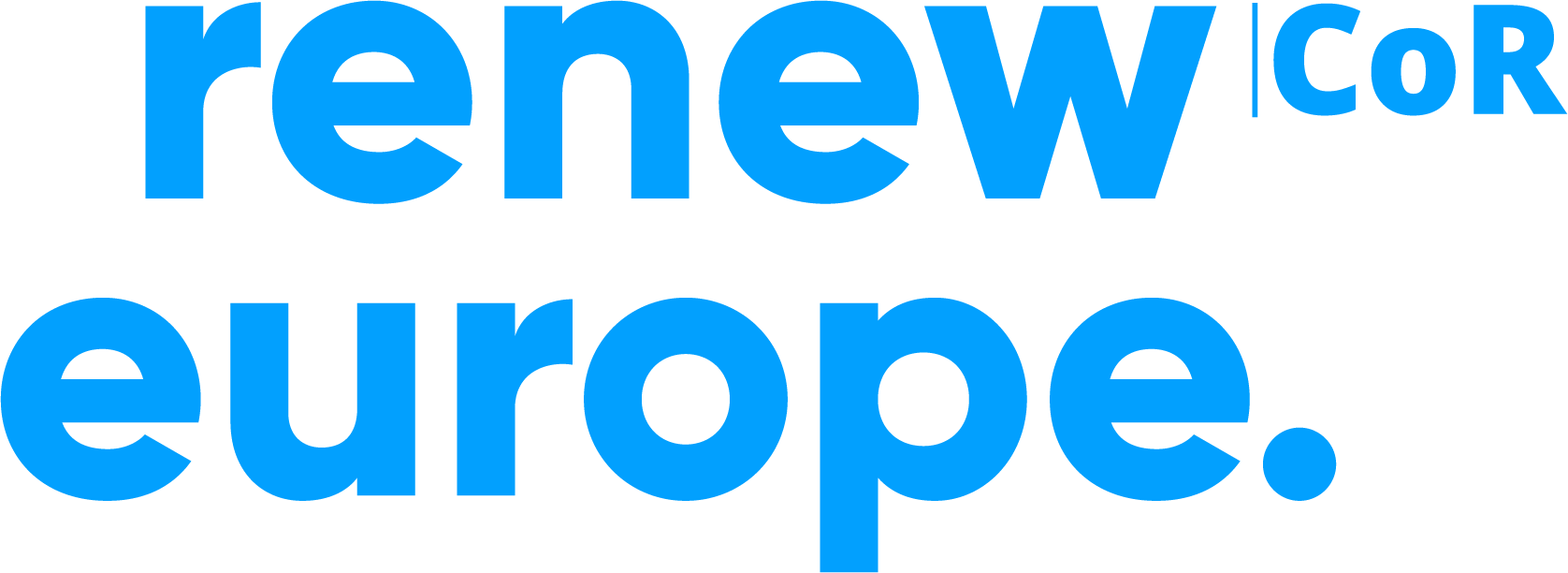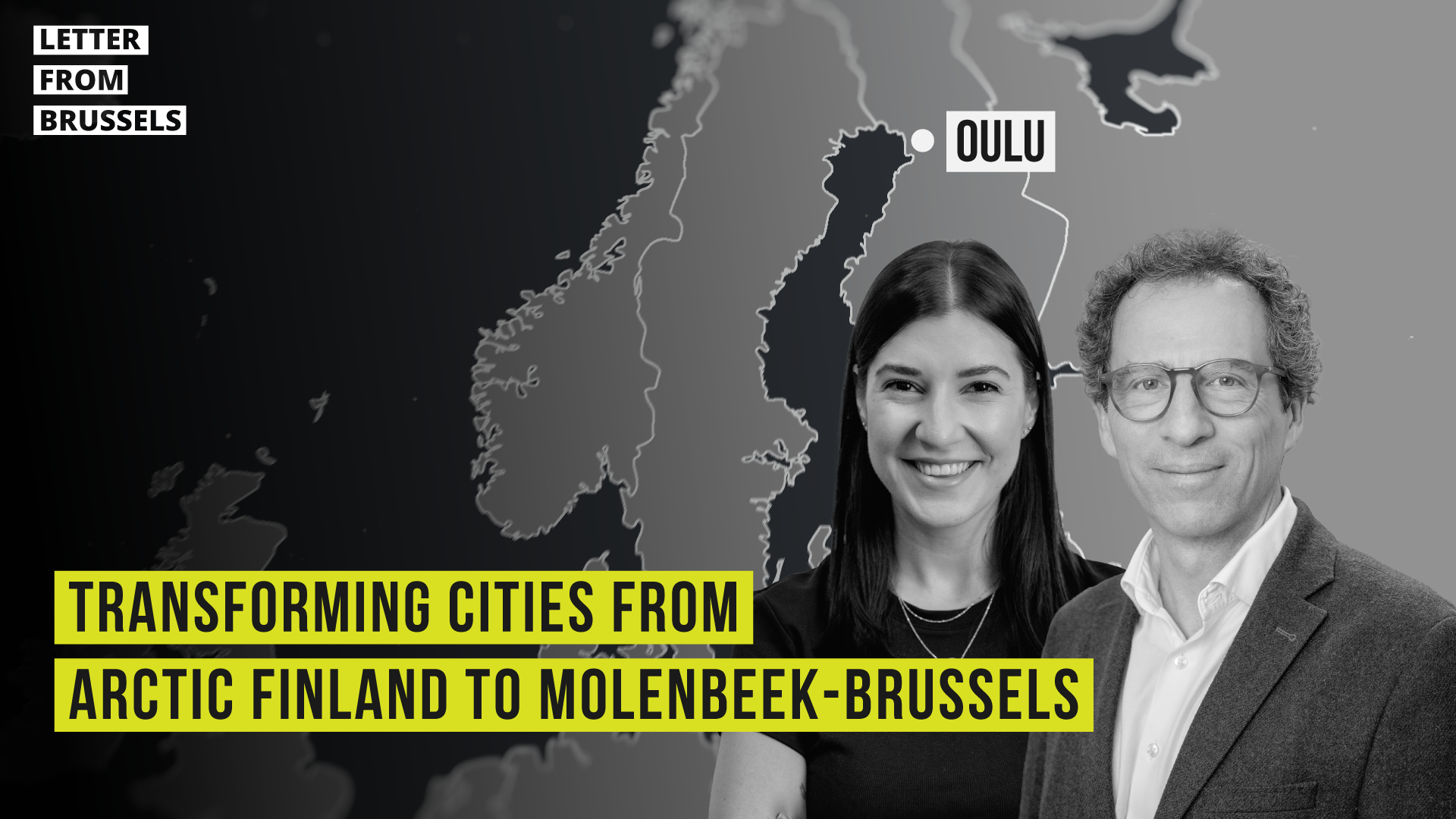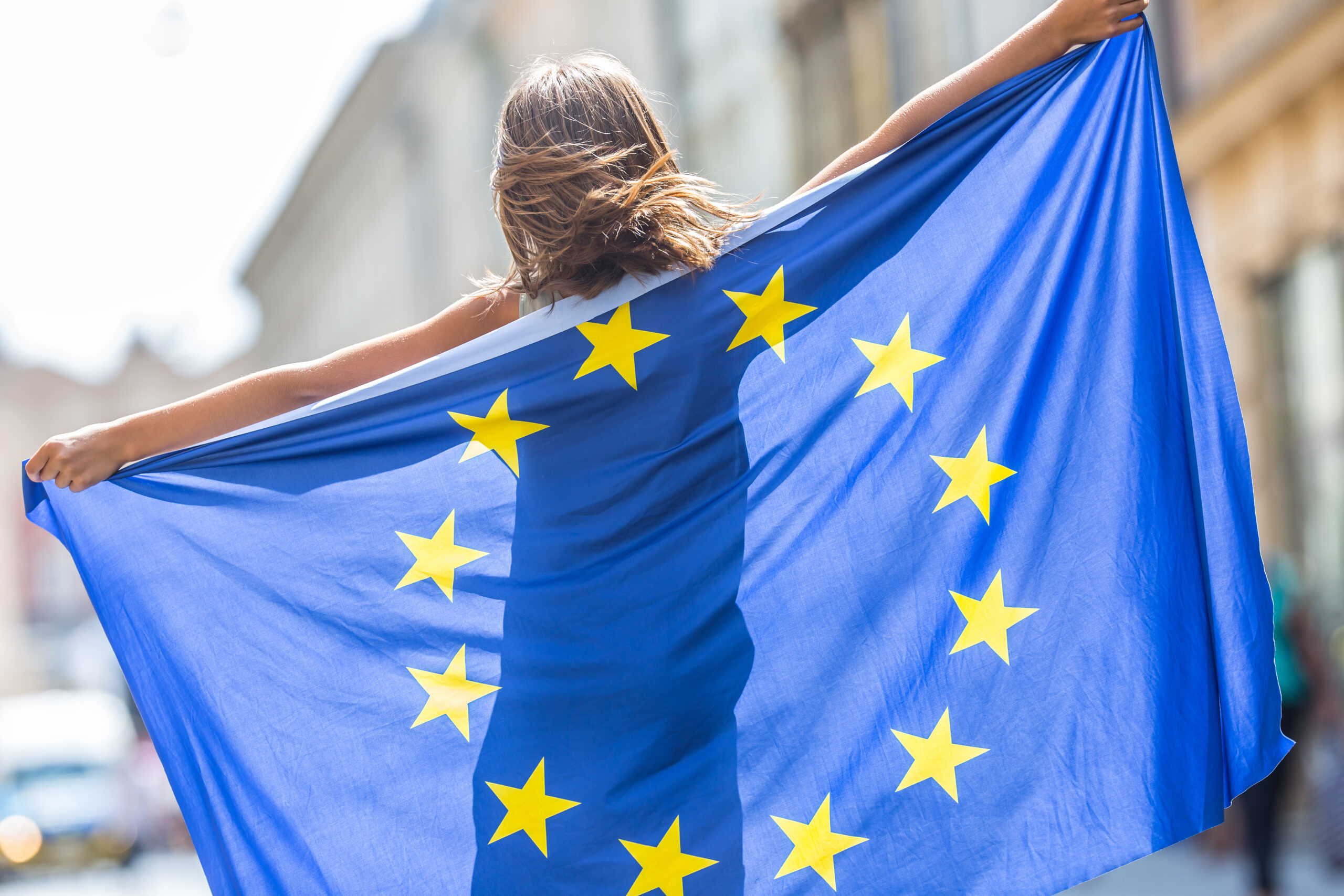Since 1 January 2023 Croatia became the 20th EU member state adopting the euro as currency; with its economy becoming more stable for investors it shows that in challenging times working more closely together as a union has tangible benefits. How does Ivan Gulam, Mayor of Pirovac, see this change?
Gulam: “As of the 1st of January, Croatia replaced its Kuna with the euro, becoming the 20th member in the eurozone. For our citizens and economy the euro makes it easier, cheaper and safer for businesses to buy and sell within the euro area and to trade with the rest of the world. The introduction of the euro will for sure improve our economic stability and growth. We will be better integrated and therefore more efficient on the financial markets with greater influence in the global economy. For a country like Croatia the introduction of euro along with joining the Schengen-zone is certainly a very positive thing, especially in the long term.
How will the adoption of the euro impact your city and its economy?
“For our municipality of Pirovac, this adoption of the euro is also a very important thing because tourism is our main source of income and creates a lot of jobs and opportunities for investment here. Due to positive effect of tourism and available EU funds our local budget is increasing year by year. Positive effects will be particularly reflected in tourism due to the size of that sector and its high share of tourist demand in EU member states. Visitors from countries where the euro is legal tender generate almost 70% of Croatia’s total tourism revenue and about 60% of total bed nights come from the euro area. We expect that joining eurozone and Schengen will also increase the demand for real estate in our municipality, increase investments especially in the tourism sector and expenditure to some level of our tourists.
Croatia is confronted however with price hikes. What can be done against it, and how does it affect the local level?
“On the local level we haven’t increased any taxes or prices of our services provided by municipal owned companies. The power to control the prices is almost completely in the hands of Croatia’s government and the effort is being made in the first weeks of January that prices don’t go up for citizens. Nevertheless, there are some negative examples of traders who are raising the price for no good reasons. I’m sure the citizens will reply to those one-sided actions by some traders by changing their habits and starting to buy elsewhere where the conversion of Kuna to euro was done fairly”
“In general I’m sure that the Croatian citizen’s will fully adapt to euro in the coming months and that we will continue to build our union in the coming years.”





